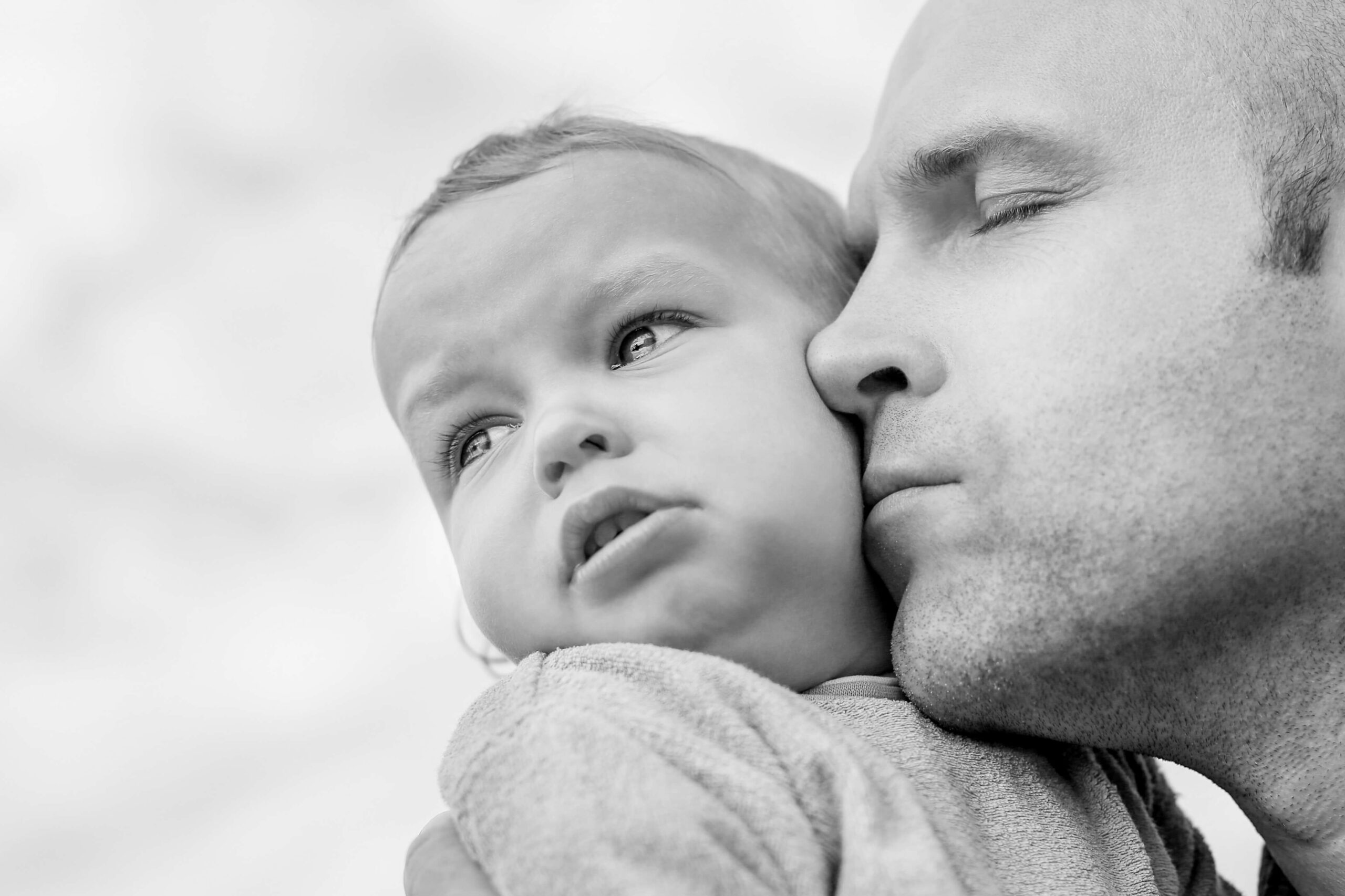As parents it is instinctual to want to protect our children from the stress and problems of the world. However, children are going to experience stress, anger, fear, disappointment, and anxiousness, just like we do as adults. As parents it can be hard to know how to respond to these strong emotional responses in our children.
Are you coddling them too much? Are you being too tough on them?
It can be hard to find the right balance of supporting our children, as well as ensuring they are gaining the tools to eventually handle these worldly stresses on their own. The goal of this post to provide you helpful tools and guidelines when helping our children manage their distress.
Normalise and name the distress. Let your child know that it is okay to feel the emotions they are experiencing. Help them name their emotions and let them know that it is okay to be angry, disappointed or upset. This will help them deal with these strong feelings. Once your child has identified how they are feel, together you can explore what happened to make them feel so angry, disappointed, embarrassed… etc. You will be teaching your child the power of self-regulation that will help them through distressing events for the rest of their lives.
Offer comfort. It is okay to offer your children hugs, kisses and statements of love during these times. It will help them feel secure and supported, regardless of the outcome of the distressing topic. Hugging your child actually releases a feel-good hormone called oxytocin and can help your child calm down in a distressful moment and self-regulate. At a young age, it is easy for emotions to take off like a runaway train. A hug can allow your child to pause, breathe, and calm down, acting as a break for that runaway train.
Normalise imperfection. The fear of failing or imperfection can be a cause of stress in a young person’s life. Normalising imperfections can be liberating and empowering. Try sharing stories of your own imperfections. It may lead to a nice laugh and will assist your child to let go of any overwhelming pressures of perfection.
Encourage them to solve their own problems. If appropriate, encourage your children to come up with a solution on their own and have them actually do the work. If it is a conflict at school, have them talk to the teacher or their peer. You can prepare them for this interaction through “practice” or role play at home. This will build your child’s resilience for future and build their confidence in their own abilities. Keep in mind that parental intervention maybe necessary, so use your best judgement as to when to step in.
Avoid phrases that minimise. Be careful with phrases like “you are fine” and “it is not a big deal”. Usually these phrases are well intended and used as a means of comfort when a child is upset, but they can have an opposite impact. “You are fine” and “it is not a big deal” can tell a child that their emotions and problems are unimportant or come across as dismissive. The goal is to validate how they are feeling and encourage them to identify and then solve the problem… all with your support, every step of the way.
Parenting is never easy and it seems to be harder when you see your child struggling. Finding the right balance of support and encouraging independence can be challenging but it incredibly important in raising healthy, independent children. As parents, we have to be forgiving of ourselves as we raise our children. It is important to recognise our limitations as well. If you feel overwhelmed or as though you need extra support, there is help available. You can book in a time to speak to a psychologist by calling us on (02) 6262 6157 or book an appointment online.
Related reading:
What Do Children Worry About?
Ways to Boost a Child’s Confidence
Modern Ways to Raise a Happy Family
